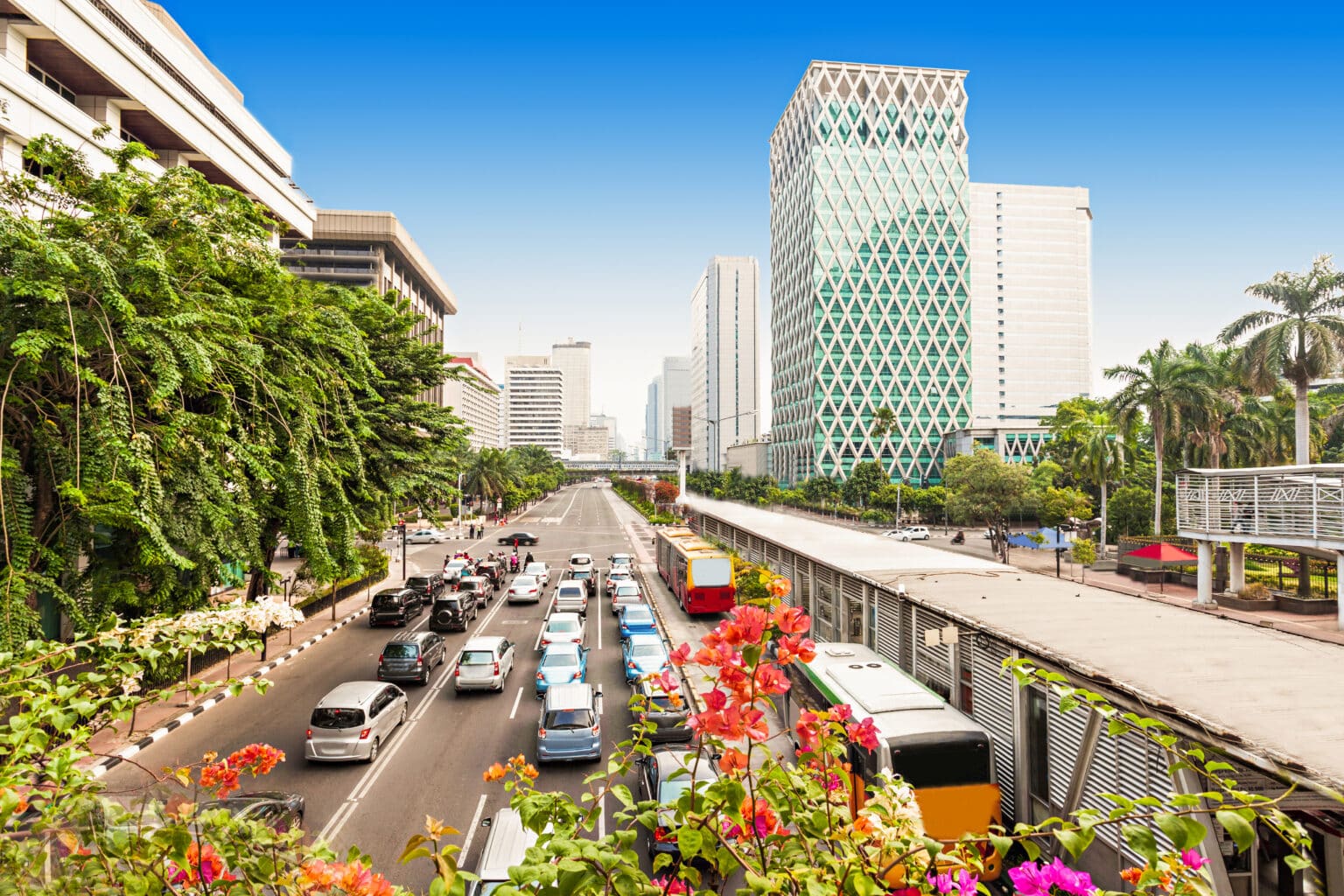Indonesian activists file police reports against companies for burning land
- November 2, 2023
- 11:15 am


Iain Hoey
Share this content
As Indonesia faces a severe fire season, activists have reported four companies to the local police for alleged burning on their land concessions in Central Kalimantan.
Jakarta-based activists take legal action over burning land
Activists in Indonesia have lodged official complaints with local authorities against two industrial forest firms and two palm oil companies.
The reports follow satellite image analysis conducted from September 2-10, revealing 3,650 hectares of burning within the companies’ concessions.
The two pulpwood firms in question are PT Industrial Forest Plantation and PT Rimbun Seruyan, while the palm oil companies are PT Karya Luhur Sejati and PT Globalindo Agung Lestari.
Jakarta sees a rise in environmental legal actions amid worsening fire season
This year’s fire season in Indonesia is anticipated to be the worst since 2019, exacerbated by an El Niño system.
Amidst this crisis, environmental NGO Save Our Borneo has highlighted that most fires have occurred in areas yet to be cultivated.
Further concern arises from past incidents, as Bayu Herinata, the Central Kalimantan director of the Indonesian Forum for the Environment, stated that after the 2019 fire season, some of the burned concessions had been planted with palm oil trees, indicating an intentional burning.
The enforcement of environmental laws is under scrutiny as companies have not faced prosecution for repeated burnings.
Legal framework and corporate responsibility in Jakarta’s ongoing fire crisis
The accountability of the companies, even if they are not directly responsible for starting the fires, is underscored by the 2009 environmental law.
Aryo Nugroho, director of Legal Aid Foundation Palangkaraya, explained: that if these four companies have preventive [measures], then there’s no way the burning could reach thousands of hectares.
The concept of strict liability enables legal action against companies for fires on their land, with activists reporting both negligence and environmental pollution as grounds for their complaints.
Previous legal actions and deforestation records highlight Jakarta’s challenge
In a contrasting event in 2015, local police named three companies as suspects in fire-related cases but later dropped the charges.
However, with satellite evidence of fires within company concessions, there is “no more excuse [to dismiss the report],” according to Aryo.
The history of deforestation and illegal activities also comes into focus with firms like IFP being identified by AidEnvironment as a significant deforester and both KLS and GAL highlighted by Greenpeace for operating in illegal plantation areas.
Government and parliamentary response to Jakarta’s environmental predicament
The Indonesian government, urged by environmentalists and parliamentarians, is being called to enforce laws against companies responsible for fires.
Walhi, a prominent environmental NGO, has recorded a substantial number of fire spots within company concessions throughout the country.
Uli Arta Siagian, Walhi’s forest and plantation campaign manager, emphasised the need for stringent law enforcement, permit revocation, and legal sanctions to prevent future occurrences.
Adding to this, parliamentary deputy chair Ahmad Sahroni called for decisive police action to protect millions of Indonesians from health risks.
Ministry of Environment and Forestry’s measures in Jakarta amidst fire season
In response to the ongoing crisis, the Ministry of Environment and Forestry has taken preventive measures, sealing off burning areas and issuing warnings to concession holders.
Rasio Ridho Sani, head of the ministry’s law enforcement department, has assured that legal action will be taken against non-compliant companies, with penalties including prison time and hefty fines.
IFSJ Comment
The severity of the Indonesian fire season and the subsequent legal action against prominent companies has brought environmental accountability to the forefront.
The extensive land burning has serious implications for forest conservation, public health, and climate change.
As activists leverage the legal system, there is a clear message to corporations about their environmental responsibilities.
Moreover, with the government intensifying its stance, the future of land management and corporate conduct in Indonesia’s valuable forest regions hangs in the balance.

